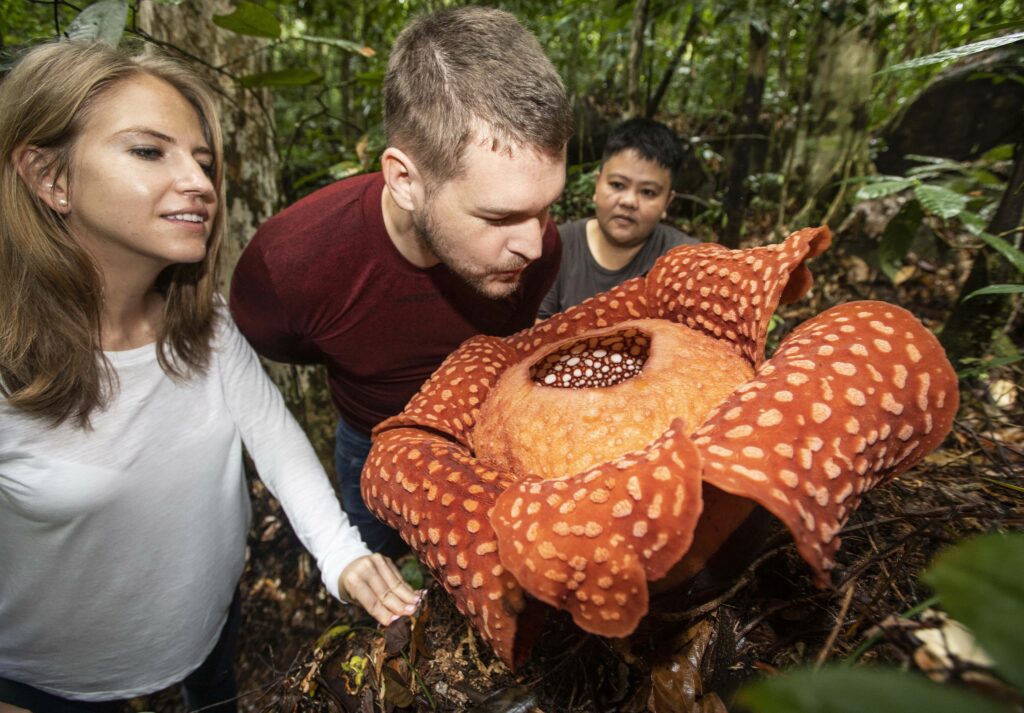Tourism’s Crucial Role in Malaysia’s Economy

Tourism, often referred to as the lifeblood of economies worldwide, plays an instrumental role in shaping nations’ economic landscapes. In the case of Malaysia, this industry is not just a facet of development; it’s a powerhouse driving job creation, foreign exchange earnings, and overall socioeconomic progress. However, recent rankings signal the need for a proactive stance. Let’s delve into how tourism impacts Malaysia’s economy and explore practical solutions to bolster its growth.
The Economic Significance of Tourism in Malaysia
Tourism is not just about leisure; it’s a catalyst for economic transformation.
In Malaysia, this sector significantly contributes to job creation, a vital component of any thriving economy. From hotel staff to tour guides, the tourism industry provides diverse employment opportunities that uplift communities across the nation.
Furthermore, tourism brings in foreign exchange earnings. International visitors inject money into local businesses, stimulating various sectors from hospitality to transportation. These earnings bolster Malaysia’s balance of payments and strengthen its financial position on the global stage.
The Reality Check: Malaysia’s Tourism Competitiveness
Despite these significant contributions, Malaysia finds itself at a pivotal juncture.
The World Competitiveness Ranking of 2023 ranks Malaysia 63rd out of 64 economies based on tourism receipts data. This ranking serves as a wake-up call, signaling the imperative for industry players to be proactive in propelling Malaysia’s tourism sector forward.
Let’s explore 10 pragmatic solutions, fortified with real-life examples, that can steer Malaysia’s tourism journey towards growth and prosperity.
- **Enhance Marketing Efforts:Solution: Launch innovative marketing campaigns that tap into Malaysia’s unique cultural, historical, and natural riches.Example: Iceland’s “Inspired by Iceland” campaign cleverly blends stunning landscapes with cultural experiences, showcasing the nation’s essence beyond its famed landscapes
- Diversify Offerings:Solution: Develop a diverse range of tourism products catering to various interests, from cultural aficionados to thrill-seekers.Example: India’s Kerala, known for its backwaters, embraced adventure tourism. This diversification attracted adventure enthusiasts alongside its traditional tourists.
- Invest in Infrastructure:Solution: Modernize transportation networks, improve road connectivity, and upgrade amenities to enhance visitor convenience.Example: Dubai’s meticulous investment in state-of-the-art infrastructure transformed it into a global hub, attracting both business and leisure travelers.
- Embrace Technology:Solution: Leverage digital platforms for seamless booking, personalized experiences, and real-time engagement.Example: Airbnb’s online platform revolutionized lodging, providing travelers with unique local stays and boosting hosts’ income.
- Foster Collaboration:Solution: Forge strong partnerships among government entities, private sector players, and local communities for holistic growth.Example: New Zealand’s “Pure New Zealand” campaign, driven by collaborative efforts, consistently draws travelers to its awe-inspiring landscapes.
- Skill Enhancement Programs:Solution: Implement training programs to enhance the skills of tourism professionals, elevating the overall quality of visitor experiences.Example: Thailand’s “Amazing Thailand Safety and Health Administration” program trains tourism workers to ensure visitor safety and well-being.
- Elevate Sustainability:Solution: Promote rural tourism that empowers local communities, preserving cultural heritage and fostering sustainable development.Example: Bhutan’s Gross National Happiness approach emphasizes sustainable tourism, benefiting both visitors and local communities.
- Cultural Experiences:Solution: Highlight authentic cultural interactions, encouraging travelers to engage with local traditions, crafts, and ways of life.Example: Japan’s tea ceremonies offer tourists a chance to participate in a revered tradition, creating an immersive cultural experience.
- Community Involvement:Solution: Integrate local communities into the tourism value chain, promoting grassroots entrepreneurship and enhancing the sense of ownership.Example: Peru’s indigenous communities engage tourists through homestays, handicrafts, and guided tours, fostering economic growth.
- Environmental Responsibility:Solution: Implement eco-friendly practices to showcase Malaysia’s commitment to responsible and sustainable tourism.Example: Costa Rica’s emphasis on ecotourism led to the preservation of its rich biodiversity while offering visitors immersive natural experiences.
Empowering Rural Communities: A Sustainable Approach
Empowering rural communities through tourism offers a win-win solution. Tourists gain authentic experiences, and local communities reap economic benefits.
Example: In Vietnam’s Sapa region, tourists participate in homestays with local families, immersing themselves in the daily life of ethnic minority groups. This not only generates income but preserves traditions, empowering rural communities.
Each step, inspired by global successes, has the potential to transform Malaysia into a sought-after destination, bolstering both its economy and cultural heritage. The journey towards a vibrant and competitive tourism landscape begins with collective determination and innovative implementation.
Let’s be united in empowering tourism to play a significant role in Malaysia’s economy.
